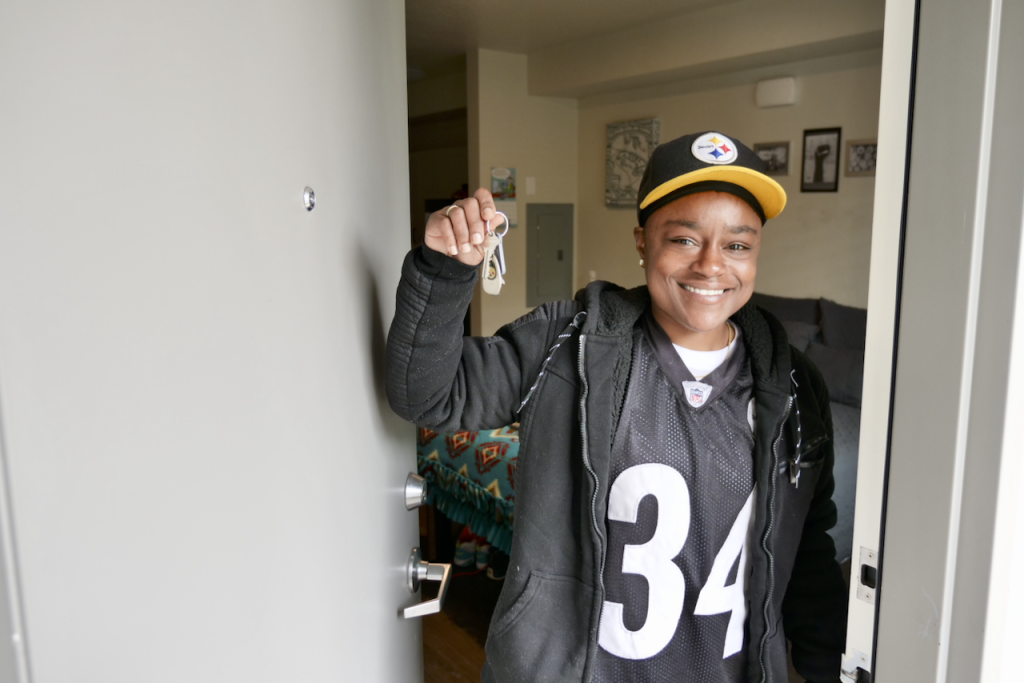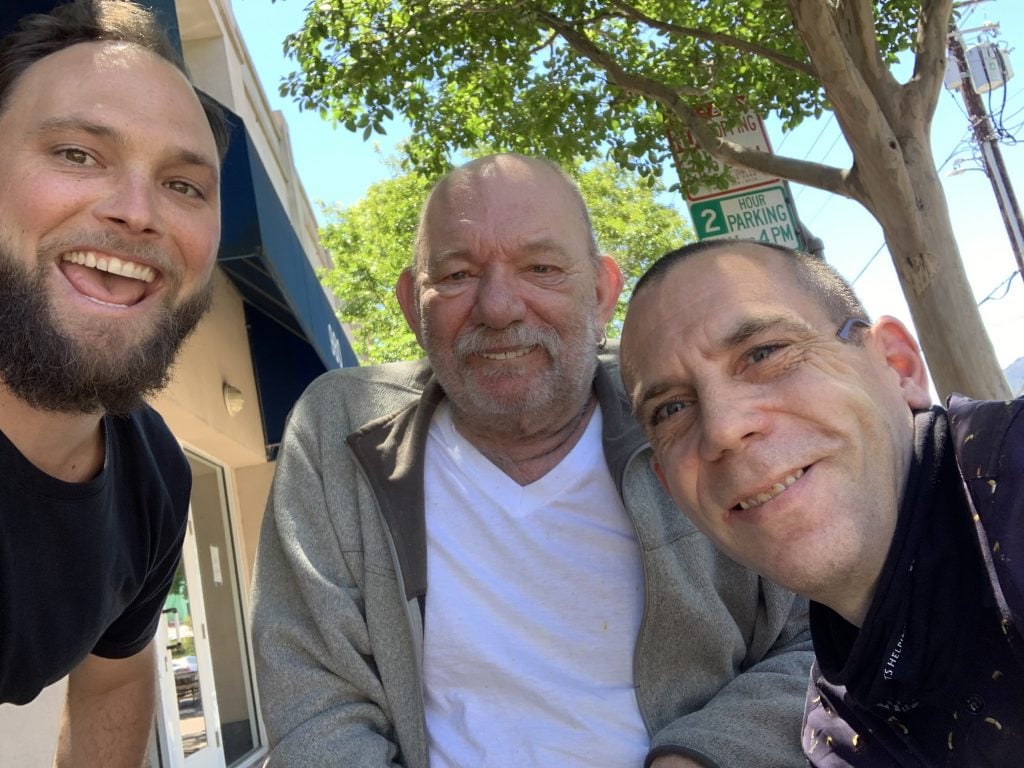Veteran Housing Insecurity Identified as Most Pressing Issue

In April 2020, the Bob Woodruff Foundation leveraged national research and key insights from our Got Your 6 Network to project the pandemic’s impact on the military/veteran population. Given urgent and unprecedented needs, we called in reinforcements from funders and expedited our 2020 grants to provide direct support to the military/veteran population during the pandemic.
As we look to 2022, additional insights and data from our network have brought to the forefront the growing housing insecurity among veteran households. Housing insecurity and homelessness among veterans are not new. On a single night in January 2020, 37,252 veterans were experiencing homelessness, and 7.9 percent of those experiencing homelessness were veterans1. Still more veteran households are in economic situations that increase the risk of homelessness, with 12.9 percent reporting income at or below 150 percent of the poverty line, and 9.2 percent of veterans receiving public assistance. Additionally, half of veterans between the ages of 25 and 54 had less than $3,000 to $4,000 in their bank accounts.
The COVID-19 pandemic has exacerbated existing challenges and gaps in services that contribute to veteran homelessness and housing insecurity. Veteran unemployment, which had been at a 20-year low of 3.1 percent in December 2019, increased over 8 percent to a high of 11.9 percent in April 2020. Our Got Your 6 Network reports that veterans and their families are at an elevated risk of losing housing. This is due to the economic fallout of COVID-19, and the expiration of government led emergency measures such as Pandemic Unemployment Assistance2 and eviction moratoria.
For much of 2021, BWF has invested in programs addressing the growing issue of food insecurity in the military/veteran community. BWF-funded efforts have strengthened the capacity of our partners to serve the most vulnerable in their community. “Local partners shared that their efforts to combat food insecurity as a result of receiving BWF funding led to a deeper understanding of the housing crisis,” said Deirdre Armstrong, BWF Director of Local Partnerships. “For example, delivering hot meals to aging veterans allowed our partners to observe a home in disrepair, or lacking in basic necessities like heat or plumbing.”
Armstrong said more than 70% of communities responding to our Local Partner Self Assessment Tool (LPSAT)3 over the past year shared they were unable to address the veterans’ housing issues. “There has to be an organization that is stepping in,” says Armstrong. “Again and again, we have found that the issues we focus on are intertwined. If our funding helps a family fill their pantry, it allows them to put money towards next month’s rent.”
BWF grants target the gaps in federally administered programs. “Federal programs have had a tremendous impact addressing veteran homelessness in the last decade. At the same time, these programs require supportive investments from the philanthropic community to assist community-based service providers,” said Armstrong.
Emily Bader, BWF Director of Grants, agreed. “Often, BWF grants allow homeless service providers to serve veterans excluded from publicly administered benefits due to income and discharge status,” she said. She added that it’s important to recognize that effectively addressing homelessness requires more than providing physical shelter. Housing security is a complex issue, and is often intertwined with issues related to legal, mental health, and employment issues.
Bader also referred to the Department of Veterans Affairs’ CHALENG survey4 (Community Homelessness Assessment, Local Education and Networking Group). The document identified gaps in care that community support is necessary to address.
Informed by research and real world experience, BWF works with partners to support efforts to address housing insecurity among veterans and its social determinants. These include legal barriers to care; detrimental financial problems; untreated mental health and substance abuse disorders; and unemployment and underemployment. Funding provided to BWF’s Got Your 6 Network may support: mortgage/rent/utility payments for veterans not eligible for public housing programs, funding to purchase household goods and supplies that contribute to long-term housing stability, employment services for veterans experiencing or transitioning out of homelessness, and legal services to reduce barriers to housing.
With support from partners like Craig Newmark Philanthropies, KKR, the NFL, and Wells Fargo, BWF is partnering with best-in-class organizations on the front lines of the issue of veteran housing insecurity:
- HVAF of Indiana
- Flagstaff Shelter Services
- Swords to Plowshares
- Inner City Law Center
- National Veterans Foundation
- U.S. VETS
- Veterans Community Project
- Veterans Empowerment Organization of Georgia
These and other investments underscore the Bob Woodruff Foundation’s commitment to ensuring veterans thrive after service.

Sources
(1) Source
(2) Pandemic Unemployment Assistance temporarily expanded unemployment insurance eligibility to those who would not qualify otherwise.
(3) LPSAT results
(4) CHALENG survey fact sheet









